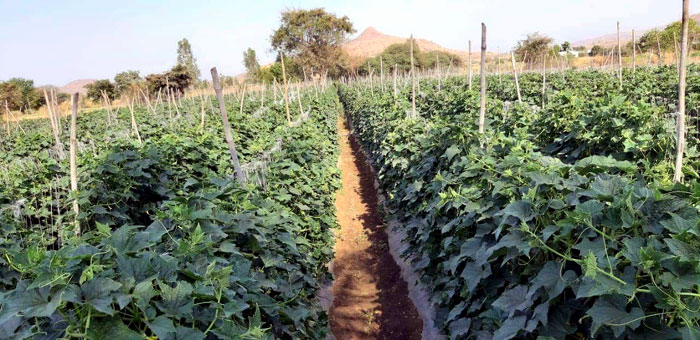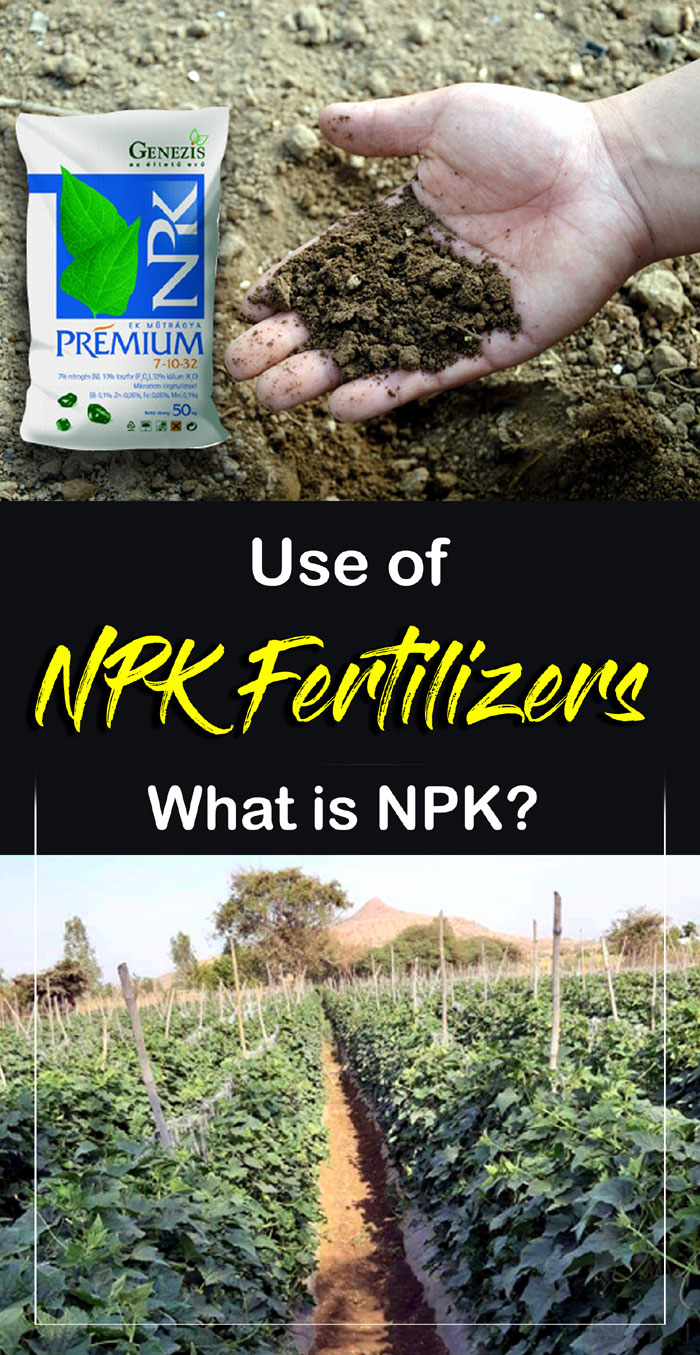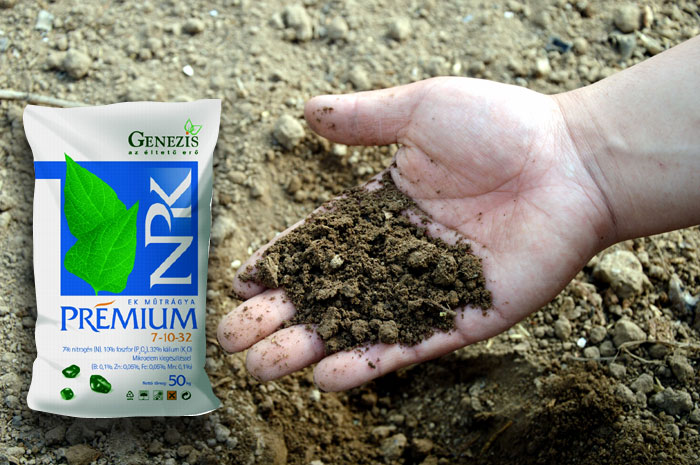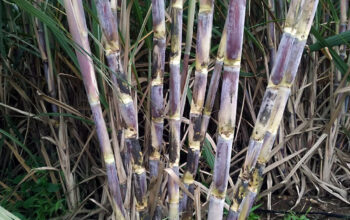NPK Fertilizers
Know NPK Fertilizers, Uses of NPK Fertilizer, Organic Fertilizer. Nobody can know its reality by hearing the word fertilizer. What is the meaning of NPK? How can the necessary elements for fertilizer be obtained?
Composts and fertilizers have been used in agriculture since the past, but today its appearance has changed. In ancient times, bone crushed in the form of compost, wood ash, rotten cow dung manure, fish and limestone were used to increase the yield.
NPK fertilizer is generally considered to be a chemical fertilizer, but it is necessary for any soil amendment, it supplies nitrogen, phosphorus, and potassium in the plant, which also includes organic fertilizers. We have read many times in our post nitrogen is needed for the growth of the leaves. Similarly, for the growth of the root institute, Phosphorus, and potassium is needed for stem development, thriving, flowering and plant protection.

Nitrogen
It is the main ingredient of protein and chlorophyll, which actively participates in photosynthesis. After harvesting, all the nitrogen leaves with the plant, and only the roots and cocoons are left. Extra nitrogen is also released from the soil, even with the concentration, and the amount of nitrogen gradually decreases in the soil.
Phosphorus
Phosphorus, the second major component of fertilizer, is the important element of the body functioning.
It contributes to the quality of the crop, the excellent seed production, the structural strength of the plant, etc. Phosphorus stimulates the growth of roots and promotes blossoming. It can be obtained from both organic and inorganic sources. NPK mixture may be obtained by normal organic such as manure, compost, blood miles, and bio soils. The lack of phosphorus in the plant does not have proper development of the root system and the crop is hampered. Read more.
Potassium
It is also the essential ingredient for the development of the plant, it aids in the help in the photosynthesis process.
For the growth of plants, some have a key element and some require fewer elements. The main elements include magnesium, potassium, calcium, nitrogen, phosphorus, and sulfur. Whereas copper, manganese, iron, molybdenum, and boron are in the minor elements.
Nitrogen (N), Phosphorus (P) and Potassium (K) are very important if you have to increase the soil fertility capacity. These are called NPK. This essential element is absorbed in large quantities by soil and goes out on a large scale to harvest. These elements are soluble in water and absorbed by the plant. Read more.
NPK is a balanced or complete fertilizer
Such fertilizer in which there is an equal amount of nitrogen (N), phosphorus (P) and potassium (K), for example, the fertilizer of 10-10-10 or 5-5-5 will be a balanced fertilizer due to the same ratio. If you use 10-0-10 fertilizer as an incomplete fertilizer. If the soil of your garden already has an excess of one in the NPK, then actually you can damage your plants by adding it to the soil. Due to this, the gardener should be tested the soil before using NPK. Read more.
Dung manure
Dung is the most important place for manure in the production of the crop. With one tone dung manure, plants receive approximately 10 to 15 pounds of nitrogen and 5 pounds of phosphorus. Drying of manure in the soil in large quantities is beneficial for normal crops. Although the organization of dung manure is not the same, it depends on the nature of the mixed dung and the grass. In addition, there is cattle fodder in addition to dung in manure. It also depends on the nutrients present in the excreta of different animals.
Compost
Organic residual substances are composting, organic material is needed for the growth of plants, improves the structural strength of organic residual soil. With partial dissection, some of them create blurred brown forming substances, which we call humus. It keeps the soil moisture and nutrition for a long time. It also gives favorable conditions to Microscopic. Read more.
Read also: How to grow Blue Chalk stick. 6 Stunning effects of Milk in the garden. How to grow kidney beans. 9 easy tips to growing Growing Tomato plant. Fertilize your roses with Organic.
For Pin





